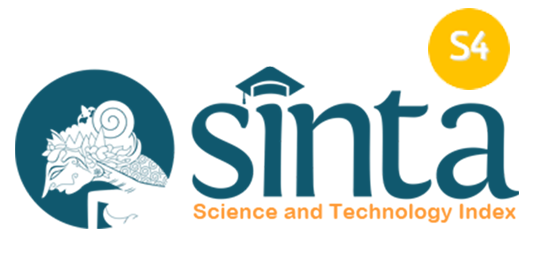Evaluation of Mustahik Welfare Achievement: A Case Study of BAZNAS Mojokerto Regency from the Perspective of Maqashid Sharia
DOI:
https://doi.org/10.33005/ebgc.v7i02.1534Keywords:
Mustahik welfare, Maqashid sharia perspective, BAZNAS e-readiness, Zakat fund collection, Zakat distributionAbstract
This study aims to evaluate the welfare of mustahik through the BAZNAS program in Mojokerto Regency from the perspective of Maqashid Sharia, and to examine the role of BAZNAS Mojokerto Regency in greater depth. The research employs a qualitative approach with a case study method. Observations, interviews, document analysis, annual reports, and literature reviews were conducted to validate the implementation of the BAZNAS program in Mojokerto Regency. The results show that BAZNAS Mojokerto Regency has made significant efforts in distributing zakat funds for the welfare of the community. However, there are several challenges related to the efficiency of fund management and distribution, which affect the optimal achievement of Maqashid Sharia goals. This study provides recommendations for more transparent and efficient zakat management, as well as enhanced coordination among stakeholders to achieve better community welfare outcomes. This research offers a new perspective in evaluating community welfare achievement through the Maqashid Sharia criteria in the BAZNAS Mojokerto Regency program.









